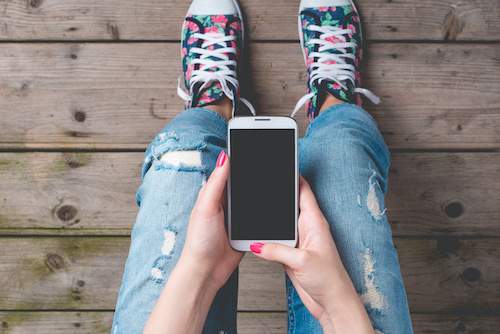Key points:
- A new grant will fund research around increasing the academic engagement of students with special needs
- Teachers will benefit from insights into how to best support students with unique needs who also wish to be independent
- See related article: What matters most for our special education teachers?
When Sara Estrapala started her career as a high school paraeducator supporting students with disabilities such as autism, Down syndrome, learning disorders and challenging behaviors, she quickly recognized a challenge–her teenage students desire to make their own decisions and their teachers’ struggle to keep them engaged and following directions.
Now an assistant research professor in the University of Missouri College of Education and Human Development, Estrapala is leading a four-year, $519,939 early career development and mentoring grant aimed at increasing academic engagement and decreasing disruptive behavior by empowering select students to self-regulate their own behavior.
“The interventions that teachers provide to support high school students might not be sufficient for their needs, because students want an opportunity to make their own decisions and have a say in anything that they decide to do,” Estrapala said. “Ultimately, we want the students to have the skills they need to increase academic engagement and decrease their disruptive behaviors so that they can access the school curriculum.”
To test the intervention, approximately 50 public high school students from Jefferson City, Hallsville and Fulton will participate. The students will first set goals on how they want to improve, whether that is paying closer attention to the teacher or following directions better. Then, they will self-monitor and self-evaluate their goal progress using a self-monitoring application called I-Connect.
After downloading I-Connect, the students will receive periodic alerts with prompts to determine whether they are using goal-oriented behaviors, such as paying attention or participating in classwork. Additionally, the app will graph students’ progress, which the students, teachers, and support staff can analyze to track improvements.
Estrapala will be mentored by Erica Lembke, a professor of special education at MU, and by Howard Wills, a professor at the University of Kansas.
“We need to leverage that developmental need for students to make independent decisions and have a say in what they want to do, and I want to combine that with some evidence-based practices that we already know work, such as goal-setting, self-monitoring and self-evaluation,” Estrapala said.
“Adults often feel like they know what is best for the students, but going forward, let’s ask the students themselves what their goals are and then have them go through a process of learning about their own behavior and how to change it in a systematic way that can be helpful in the classroom.”
Funding was provided by the U.S. Department of Education’s Institute of Education Sciences.
Related:
How we built a whole-child, wraparound approach to special education
Creating support ecosystems for neurodivergent learners
- 5 digital resources to inspire curiosity and engage students - April 30, 2024
- Critical steps to help school districts combat ransomware attacks - April 30, 2024
- Empowering girls with STEM education to build tomorrow’s tech industry - April 29, 2024

